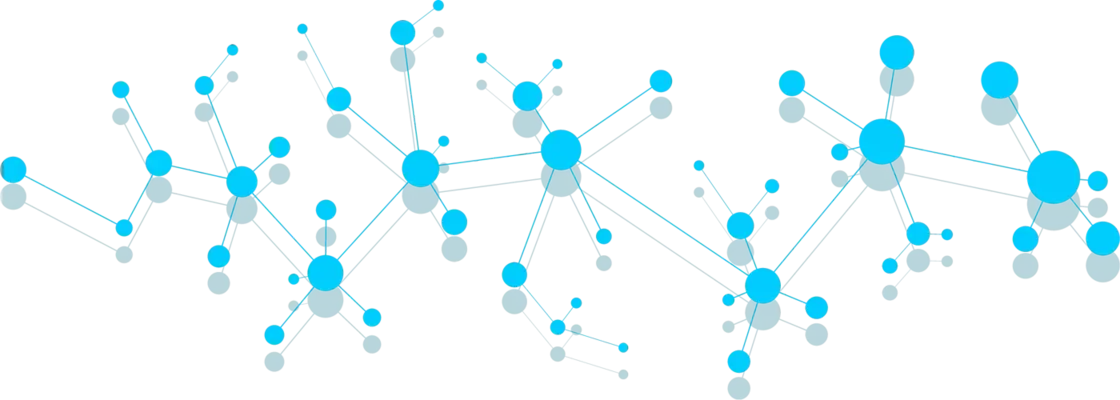Azoospermia is one of the answers that appear on search engines if you want to know about the causes of infertility in men. In this article, you will find everything related to Azoospermia, in the words of the most skilled infertility doctors at Bedaya Hospital so keep reading.
Azoospermia
Azoospermia is a medical condition in which the semen contains no sperm. Azoospermia is associated with reproductive problems. Azoospermia is an uncommon condition that affects a very small percentage of men.
Azoospermia may result from genetic factors, hormonal problems, or another health problem related to the male reproductive system. Most men do not know that they have azoospermia unless pregnancy is delayed.
Types of Azoospermia
There are two types of azoospermia:
Obstructive
Azoospermia due to obstruction occurs when sperm are unable to reach the urethra. This medical condition usually occurs due to a blockage in the ducts, or due to a problem in the male reproductive organs.
Non-obstructive
Non-obstructive azoospermia usually occurs as a result of a hormonal imbalance or a testicular problem that impedes sperm formation.
Another classification of Azoospermia, it depends on the causes:
- Pretesticular azoospermia:
Occurs as a result of a disorder in the pituitary gland.
- Testicular azoospermia:
The testicle does not function normally and is unable to produce sperm.
- Posttesticular azoospermia:
The testicle produces sperm, but the sperm do not reach the semen
Diagnosis of azoospermia
Azoospermia is diagnosed through the following steps:
- Conduct a semen sample test.
- Repeat the analysis after several days to ensure that there are no sperm in the semen.
- Centrifuging the semen sample to study the resulting precipitate.
- Diagnosing the conditio
In addition to a series of tests, the doctor may ask you about:
- Diseases you contracted as a child
- Previous surgeries
- having any children
- Exposure to radiation or chemotherapy
Causes of Azoospermia
In fact, there are three main Causes of Azoospermia, including: Testicles, Hypopituitarism and Obstruction of the sperm ducts in the epididymis, so let’s learn more about each reason.
Azoospermia Causes:
Testicles
Atrophy or damage testicle is one of the most common causes of azoospermia. In fact, the causes of testicular damage are many, including congenital causes such as, (undescended testicle, deformities, chromosomal abnormalities) and Postpartum causes such as, (Injuries, surgeries, testicular tumor, testicular torsion).
Hypopituitarism
Pituitary gland is responsible for producing hormones that stimulate testicle function and sperm production. In the case of hypopituitarism, hormones are at their lowest levels, which hinders sperm production and causes Azoospermia.
Sperm ducts in the epididymis
When Sperm duct “A duct responsible for collecting and transporting sperm” becomes blocked, it results in Azoospermia. Obstruction may occur as a result of vasectomy, infections, or genetic reasons.
Can I get pregnant with azoospermia?
After the husband is diagnosed with azoospermia, the wife wonders Can I get pregnant with azoospermia? Especially if the couple is at the beginning of their marriage or if they do not have any children. It is difficult to get pregnant naturally if the husband loses sperm, so it is necessary to consult a doctor to determine the appropriate treatment if you want to have children.
Despite what was previously explained, some studies indicate that 15% to 20% of men with azoospermia may have sperm after diagnosis and before undergoing treatment. Only in this case can pregnancy occur naturally.
Azoospermia Symptoms
There are no clear symptoms of azoospermia, as the majority of men with azoospermia do not show any symptoms, while the most common and clearest symptom of azoospermia is infertility, and next to it there are a group of signs that may be an indication of azoospermia.
Azoospermia signs and symptoms:
- Infertility
- Testicular infections
- Poor facial or body hair growth
- Gynecomastia
- Sexual dysfunction
- Small amounts of semen
Which hormone causes azoospermia?
As we mentioned before, the pituitary gland plays a major role in secreting the hormones responsible for sperm production and testicle function. In most cases, FSH and LH play a role in azoospermia. The secretion of these hormones in insufficient quantities leads to azoospermia.
Azoospermia treatment
There are many ways to treat azoospermia and vary depending on the cause. Bedaya Hospital is keen to provide them with the best health care and service, Methods of treating azoospermia are divided into treating azoospermia for obstructive reasons, and treating azoospermia for non-obstructive reasons.
Treating Azoospermia for Obstructive Reasons
Opening the ejaculatory duct:
A quick surgery that seeks to facilitate the way for sperm to reach the semen.
Vasectomy reconnection:
In a complex surgery, the doctor uses a microscope to reconnect the spermatic cord to the epididymis
Taking samples:
One of the most effective methods of treating azoospermia is in which sperm are extracted from the samples and assisted reproductive methods are used to solve the problem of infertility resulting from azoospermia. Methods of taking sperm samples include:
- PESA
- MESA
- TESA
- Micro-TESE
Treating Azoospermia for Non-obstructive Reasons
Hormone replacement therapy:
If small amounts of FSH and LH hormones. The doctor may prescribe medications that compensate for the deficient amounts of hormones in the body, which stimulates the production of healthy sperm.
Treatment of undescended testicle:
This problem can be overcome by surgery or by some medication that stimulate sperm production in this type of testicle.
Sampling:
Sampling is a technique based on withdrawing a sample of semen to extract healthy sperm, and then using them in assisted fertilization methods such as ICSI or in vitro fertilization.
At Bedaya Hospital, we take into account all the psychological difficulties that the couple faces during the experience of delayed pregnancy,
so a treatment plan for azoospermia is developed at Bedaya Hospital based on many factors such as:
- Wife's age
- Medical history of infertility
- Budget
- The number of children planned
- The possibility of pregnancy naturally
Contact your doctor at Bedaya Hospital to discuss the best treatment plan, according to the details of your case.
Can I prevent azoospermia?
Bedaya Hospital provides you with a set of tips that can be followed to avoid azoospermia:
- Healthy lifestyle.
- Follow a balanced diet.
- Quit smoking.
- Stay away from toxins in general as much as possible.
- Avoid violent sports that may expose the testicle to injury.
- Do not take medications that may negatively affect sperm production.
- Protect the testicle from high temperatures such as in a sauna.
- Eat more foods rich in antioxidants, such as fruits, vegetables, and nuts.
- Eat whole grains.






